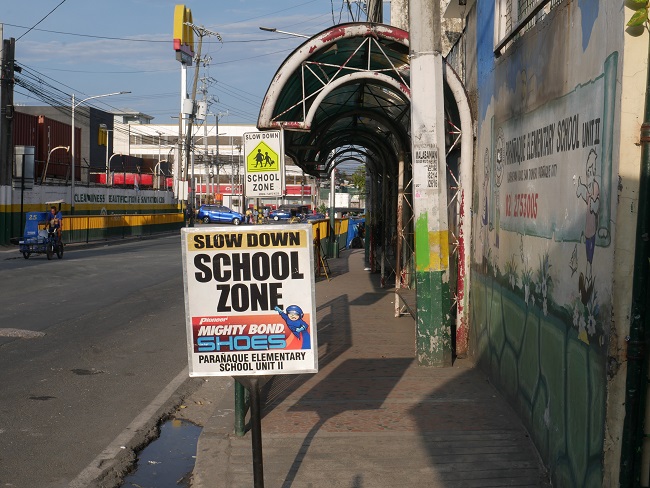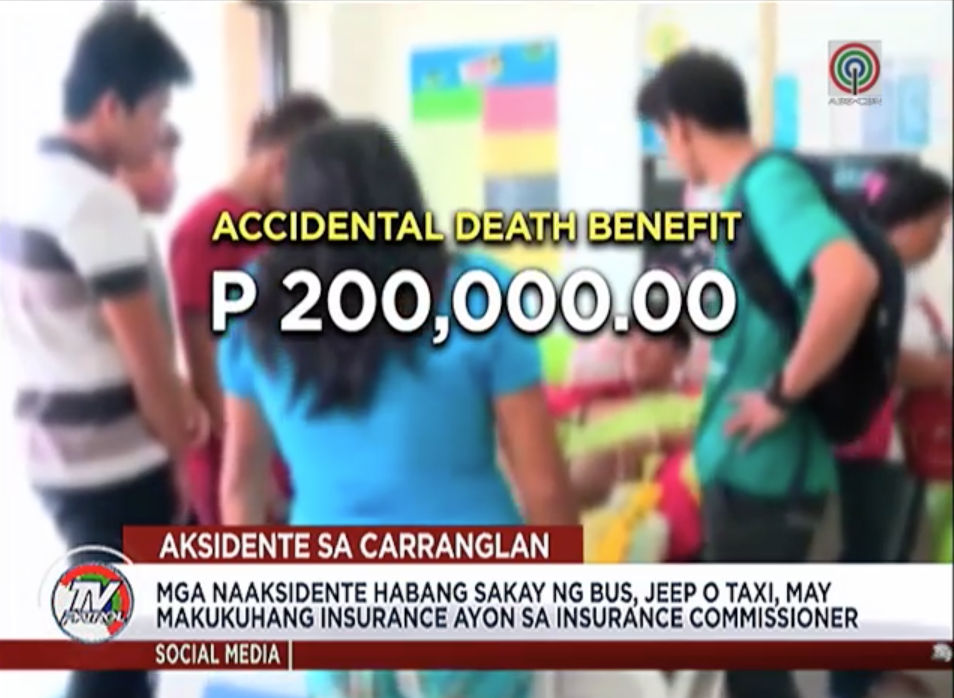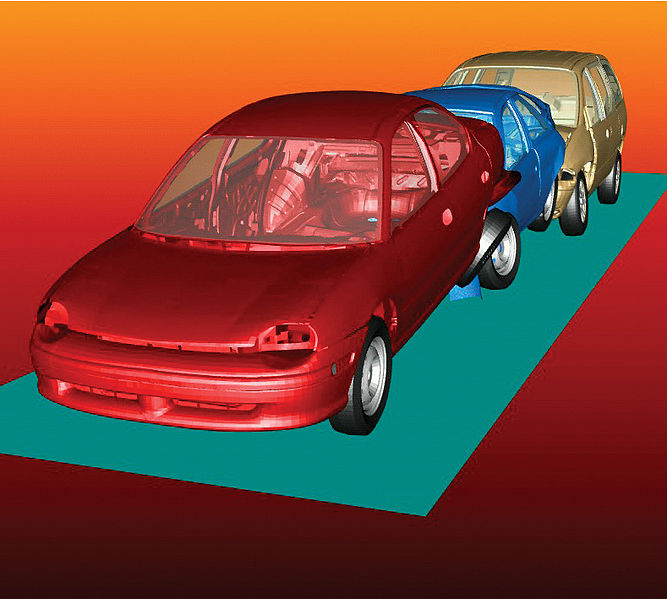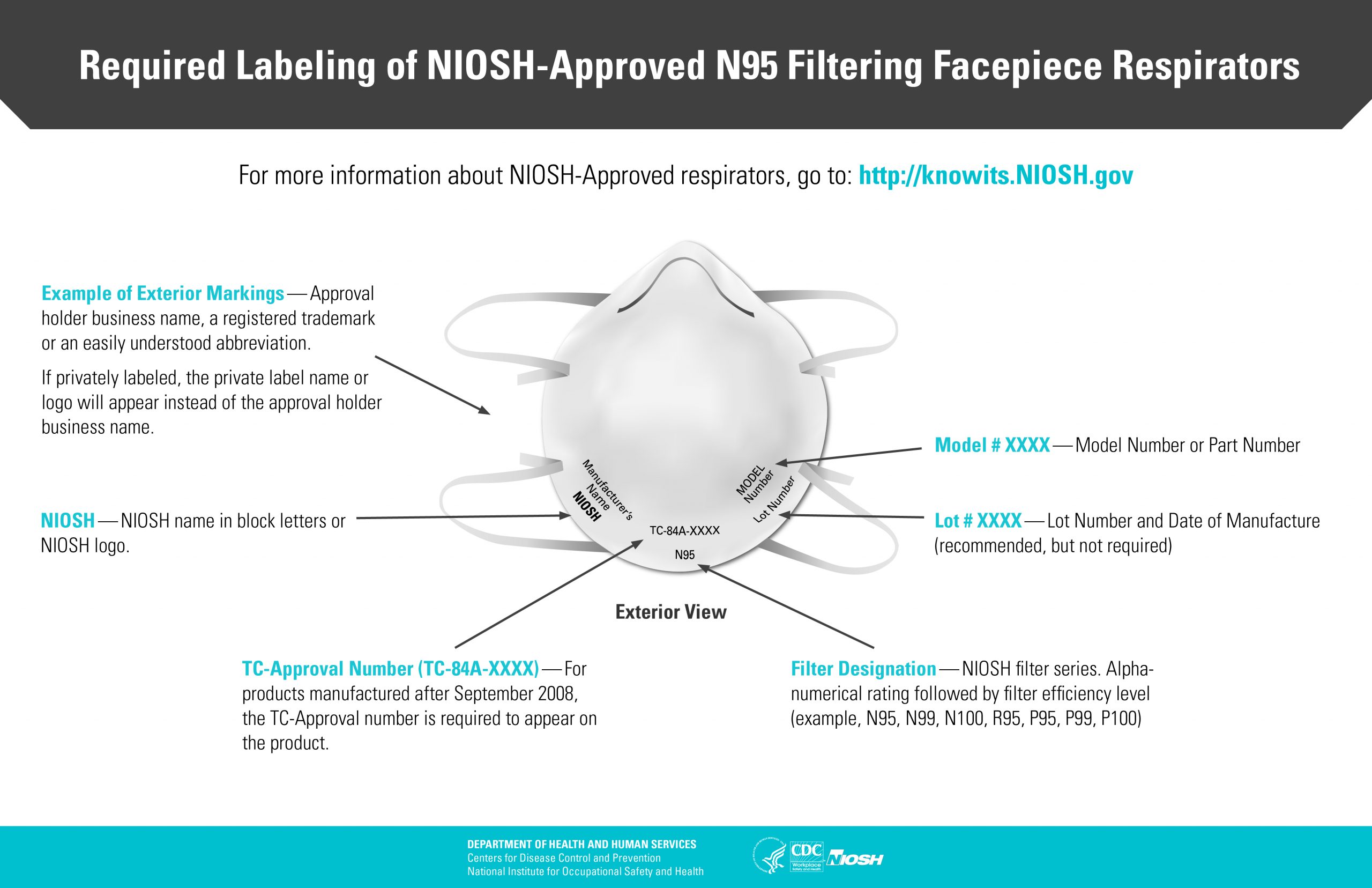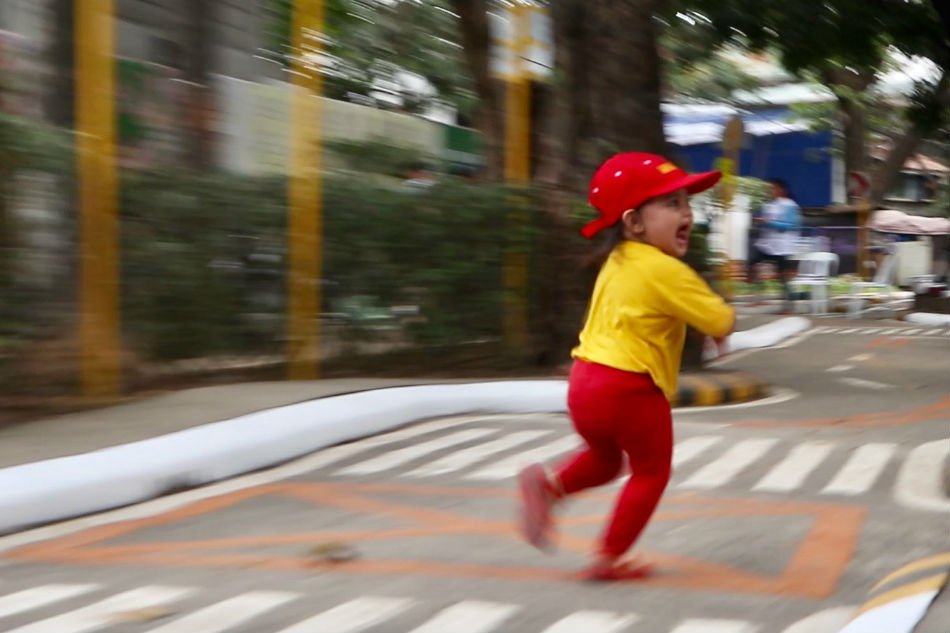Stay home. That has been the government’s order for the past three months to help curb the spread of COVID-19.
‘Stay at home’ is also the message of road safety advocates, especially for young students, to keep them safe from possible injuries on the road.
The month of June is normally the start of the school year in the Philippines. It is also when the country observes the National Safe Kids Week (Proclamation No. 1307) every third week of the month to raise awareness of the risks while travelling to and from school. With limited mobility under the new normal and face-to-face classes ruled out for now, the advocates’ reminder is: ‘Stay at home for a safer road’.
It is also the theme of this year’s Safe Kids Week (June 15-19) and Safe Kids Worldwide Philippines (SKWP), a road safety advocacy group, collaborated with various stakeholders
to continue safety awareness programs on a different platform.
“This year is different. The lockdown and quarantine brought by the coronavirus must not prevent us from having a celebration. We must find ways to continue our advocacy of preventing unintentional injuries. In this, we were able to find this online platform,” SKWP President Dr. Jocelyn Yambao-Franco said in an online message on June 16. SKWP works for the prevention of unintentional injuries in the country for children 14 years old and below.
Children as vulnerable road users
Road traffic injuries are the leading cause of death for children and young adults, aged 5-29, according to the 2018 Global Status Report on Road Safety of the World Health Organization. In the Philippines, at least 500 children die each year as a result of road crashes, according to government data.
The Council for the Welfare of Children (CWC), in its 3rd National Action Plan for Children for 2017 to 2022, has set as one of its goals, cutting by half the number of deaths and injuries from road traffic crashes by 2022 based on figures prior to 2017.
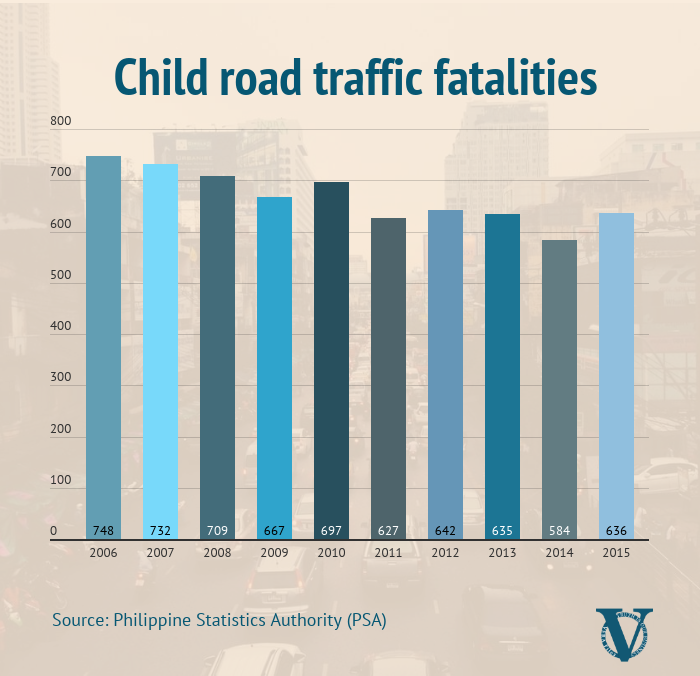
Metro Manila Development Authority (MMDA) Chairman Danilo Lim, in his online video message on June 17, said to help prevent road safety fatalities, children should be “taught at an early age so they will not only grow up to be responsible road users, but also learn how to stay safe whenever they are out on the streets.”
He said plans for a road safety curriculum are being discussed with the Department of Education, but gave no details.
The MMDA, Lim said, has entered into a partnership with Sesame Workshop, the organization responsible for the children’s television series, for a three-year educational campaign that includes setting up a road safety park in Malate, Manila. The tie-up began in March 2019.
“We have the only children’s road safety park in Southeast Asia, which anyone can visit for free. We are working with Sesame Street to make road safety more fun,” he said.
Road assessment for schools, children’s safety
Kristine Almario, SKWP Project manager, said on June 18 that SKWP has conducted two batches of star rating for schools (SR4S) training for 41 schools in Valenzuela, with the technical assistance from the University of the Philippines – National Center for Transportation Studies (UP-NCTS).
The SR4S aims to assess the qualities of roads near 41 schools in their pilot area, Valenzuela City.
Dr. Jose Regin F. Regidor of UP-NCTS, said it is important to assess road quality to check its safety. “There are plenty of factors, like infrastructure and traffic, which we need to assess to know how we can improve our walking environment. Most of our students walk to and from school. Their safety is critical.”
Safe Kids Worldwide’s Program Director Shushanna Mignott says this year’s theme reverberates worldwide because everyone is advised to stay at home amid the pandemic.
“Lots of schools are out, so children are at home, and when they’re at home, children are not necessarily always staying in the house. They’re out playing on the sidewalk or riding bikes,” she said.
SKWP is reaching out to families through social media to remind them about safety, which she said should be “an overall mindset.”
“It’s not just safety on the road, safety while you’re at home. It’s safety while you’re at school. It’s safety all the time. We just want to have the mindset of safety,” Mignott said.
